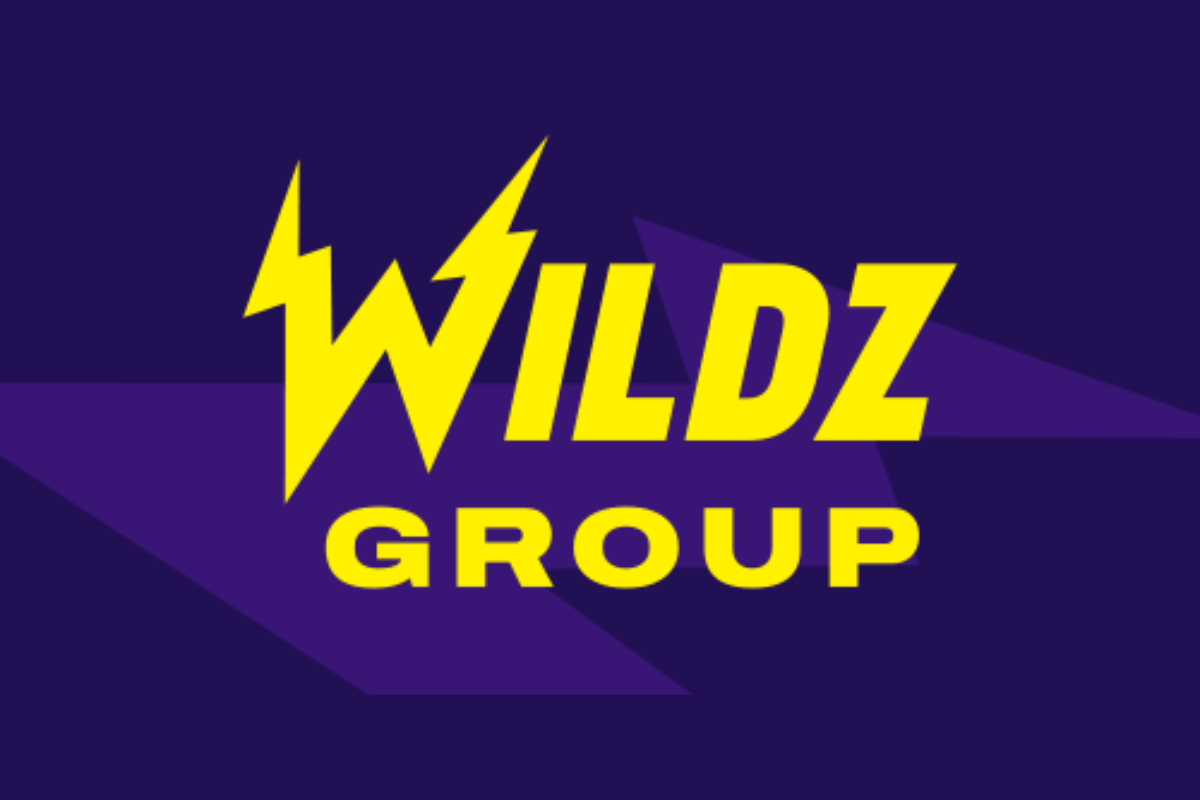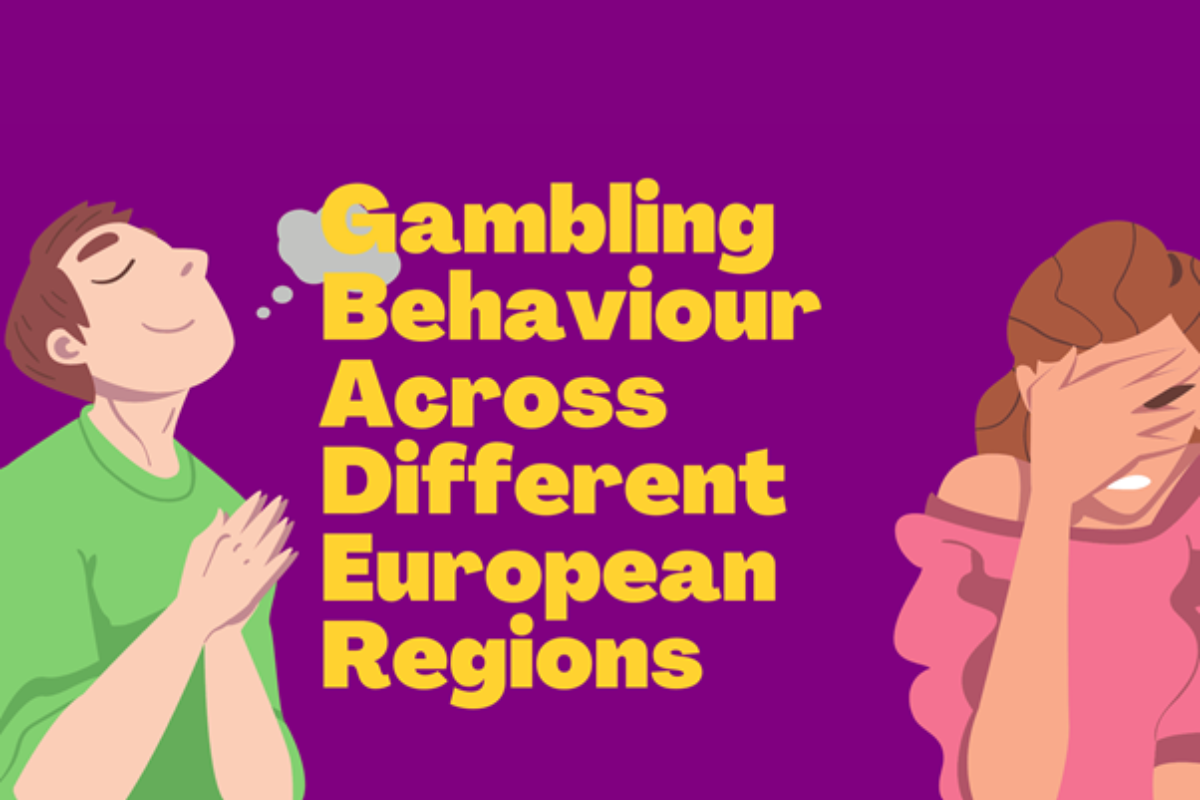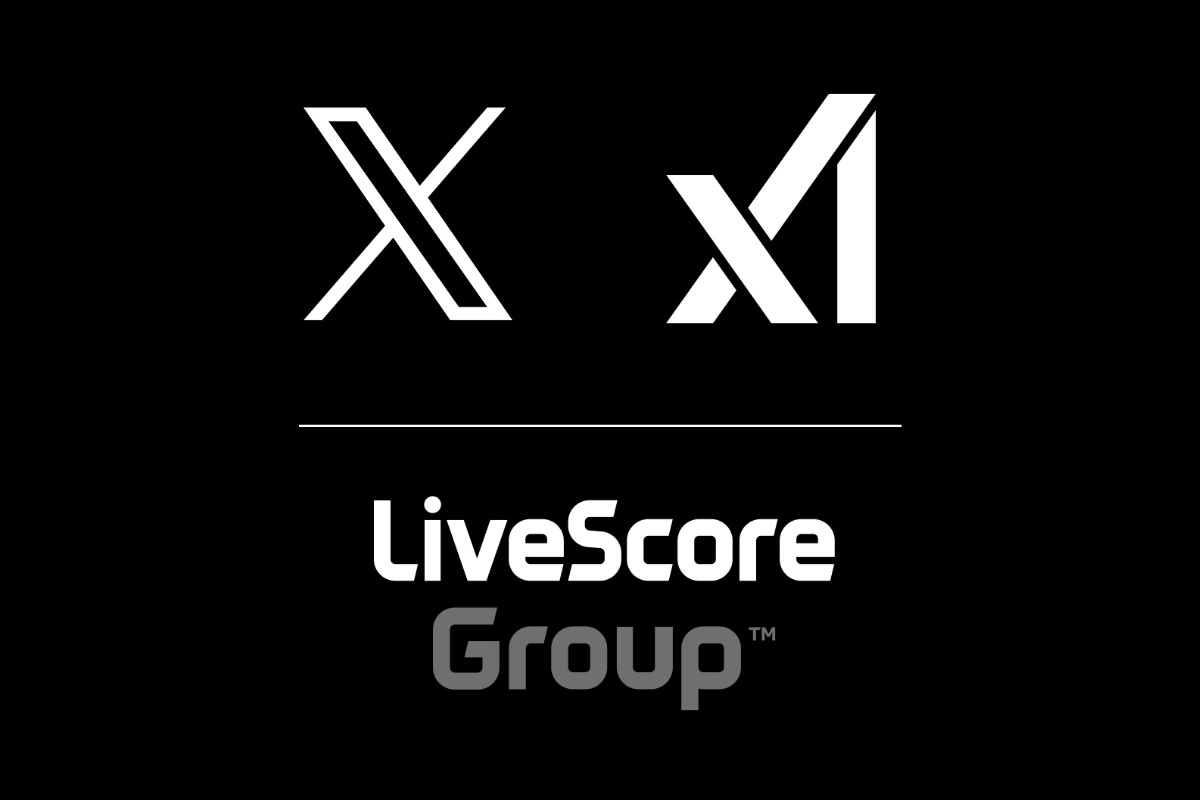Compliance Updates
Finish Slots Machine players will have to confirm identity to play

The state betting monopoly Veikkaus is aiming to reduce the detrimental impact of gambling by requiring users to authenticate before they can use slot machines located in remote areas.
Veikkaus recently announced that in future users will have to verify their identities before they can play on slot machines. However the new restriction may not apply to the hugely popular weekly lottery game.
The decision to put some machines behind an authentication barrier follows a recent report from the National Institute for Health and Welfare THL, which said that authentication is an effective method for reducing the ill effects of gambling.
According to THL estimates, roughly 130,000 people in Finland struggle with a gambling addiction.
The reform will affect more than 18,000 slot machines and is expected to take effect in 2023. The gambling machines can most often be found in supermarkets, kiosks and at petrol stations.
However, even before 2023, some slot machines will require user identification before customers can use them. As the stock of machines is renewed, some of the newer installations will always demand user authentication.
Veikkaus estimated that the investment required to upgrade the slot machines will run in the region of 50 to 100 million euros.
Pekka Ilmivalta, Head of Corporate Social Responsibility at Veikkaus, told Yle that it’s not yet possible to say how quickly machines will be upgraded.
What is the case for Lotto?
Ilmivalta said that many of the details behind the proposed change are still up in the air. He noted however, that the reform has been driven by a strategic project to try and minimise the risks of gambling.
“It still remains to be seen whether or not the requirement to authenticate will affect all games and all types of gambling,” he disclosed to Yle.
As an example, he pointed to Finland’s weekly lottery Lotto where players will not necessarily have to identify themselves when they submit a coupon. He noted that in terms of the dangers of gambling, Lotto is considered one of the company’s least harmful games.
The transition to an authentication system will be implemented in a controlled manner, Ilmivalta noted. He stressed that user verification is the most efficient option for reconciling a broad game offering with customer protection and responsible playing.
A gradual switch over to authentication
Veikkaus’ Responsible Gaming Manager Hannu Rinkinen told the tabloid Iltalehti that the company has not yet decided on a specific authentication method for the machines, mainly because it expects payment technologies to develop significantly in five years.
He said users may use entirely different methods than they do today to verify their identities, and Veikkaus will try to find the easiest way for users of its slot machines to do so.
Another issue that is still open is how non-Finnish residents such as tourists will be able to use slot machines that require authentication.
The company said that it is already possible to log in to a majority of its gaming machines with a Veikkaus card. However authentication does not yet allow for gaming restrictions; it is only possible to follow gaming activity online afterwards.
Source: Yle
-

 Asia7 days ago
Asia7 days agoDigital gaming disruption tackled in 1st AsPac Regulators’ Forum
-

 Africa7 days ago
Africa7 days agoBetKing Renews Ikorodu City FC Partnership for 2025/26 NPFL Season
-

 Compliance Updates6 days ago
Compliance Updates6 days agoKongebonus statement: Norway’s election result signals gambling policy continuity, but licensing debate is set to intensify
-
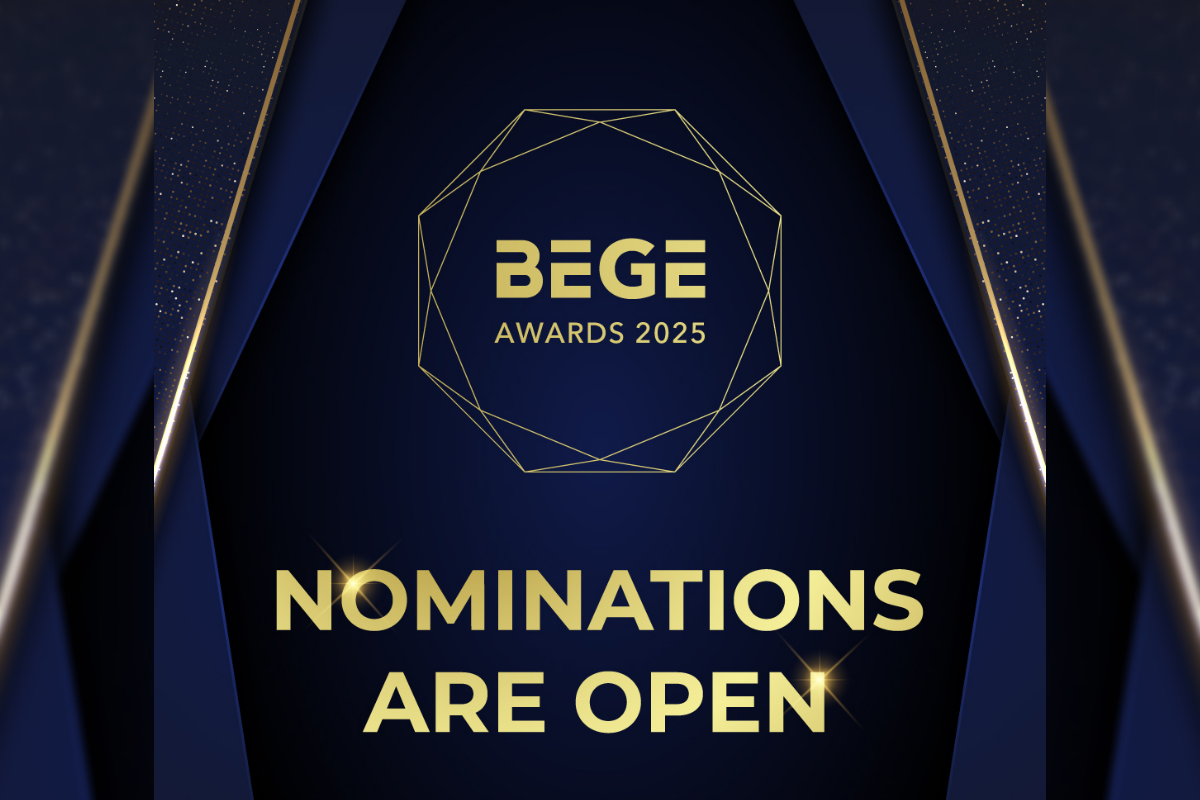
 Balkans7 days ago
Balkans7 days agoBEGE Awards Nominations Now Open – Celebrating 16 Years of Industry Excellence!
-

 Latest News6 days ago
Latest News6 days agoAnswer the Call of the Wild: ELA Games Unveils Its Latest Game “Buffalo Force”
-
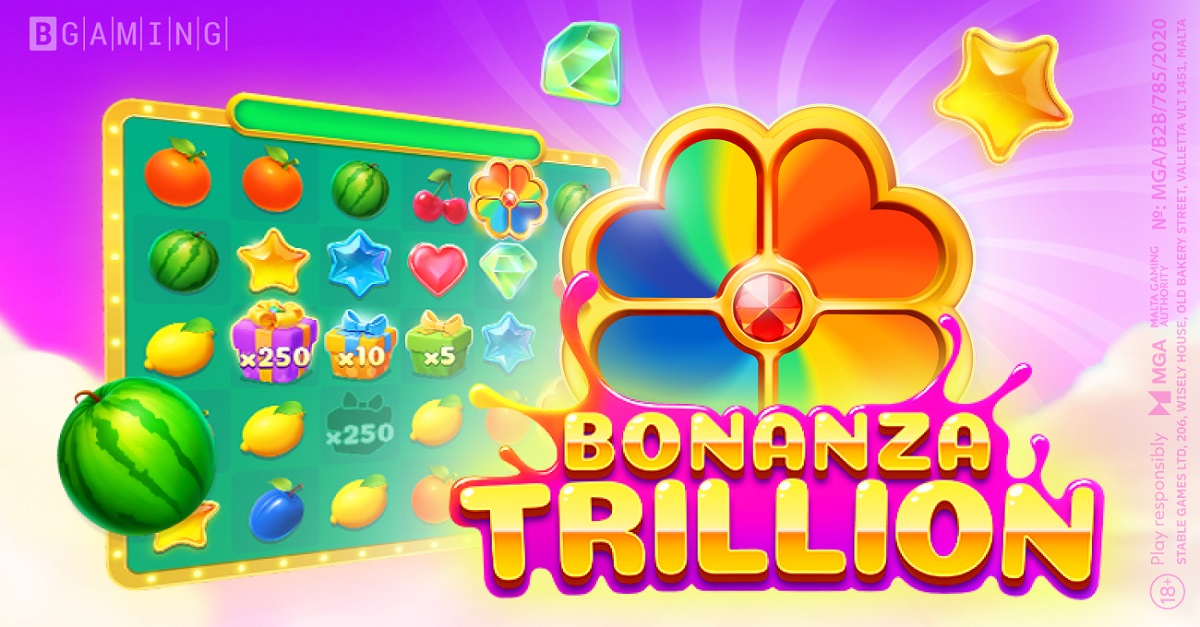
 Latest News7 days ago
Latest News7 days agoWin a Fruity Fortune in BGaming’s Bonanza Trillion
-

 Latest News7 days ago
Latest News7 days agoSaddle up for big wins under the Bison Moon with the latest slot from Northern Lights Gaming
-
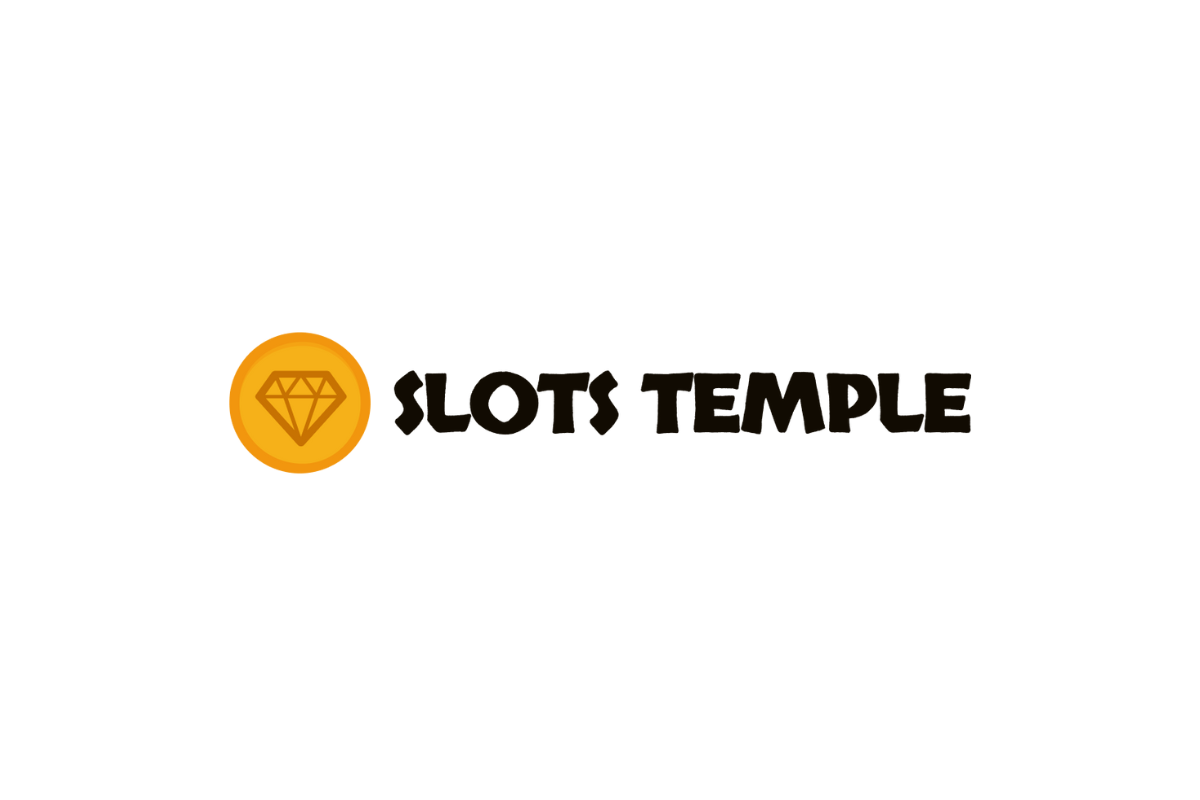
 Latest News7 days ago
Latest News7 days agoSlots Temple Announces Exclusive Free-to-Play Tournament Partnership with Pragmatic Play











